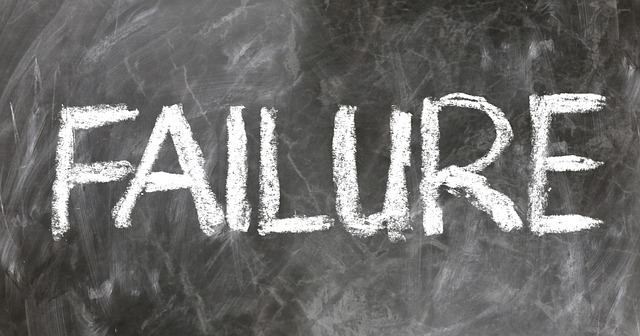So you have a patient who has failed a PPI for GERD. Now what? GERD can be a challenging disease with really bothersome symptoms for patients. I’m going to discuss the options that I’ve seen used in practice with once-daily PPI failure in GERD.
Before declaring a PPI failure, I can’t emphasize enough the importance of verifying adherence. Recall that PPIs sometimes take a few days to have their full effects. You must ensure that patients didn’t give up on it too early. In addition to medication therapy, I also would like to ensure that we are maximizing non-medication therapy (lifestyle modifications) to reduce GERD symptoms as well. With those two critical factors addressed, here are some options for patients with persistent GERD symptoms despite daily PPI therapy.
Assess Medication Regimen
Esophagitis can be caused by many medications. As a clinical pharmacist, my goal is to first rule out medication causes of GERD or GERD-like symptoms. Some classic examples of medications that may cause damage to the esophagus include NSAIDs, Bisphosphonates, potassium supplements, tetracyclines, clindamycin, and iron supplements. Anticholinergic medications also have the potential to exacerbate GERD by reducing lower esophageal sphincter tone.
Switching Or Increasing
The easiest answer when addressing a failed PPI would be to switch medications within the same class. Going to another PPI may help alleviate any patient-specific factors that is causing treatment failure.
Another option to consider is a trial of twice-daily PPI or increasing the dose. This likely brings in the risk of more potential adverse effects but is a reasonable consideration.
Pharmacogenomics
With pharmacogenomic variations, it is possible that some patients may not respond as well due to genetic enzyme alterations. Let’s use omeprazole as an example. If a patient is a rapid metabolizer at CYP2C19, they will be less likely to respond to the medication as drug concentrations may not become therapeutic. Genetic testing may be a potential consideration for non-responders.
Other Pharmacologic Therapies
If switching to a different PPI or increasing the dose is not effective, another pharmacologic option is to try an H2 blocker. Most will recommend taking the PPI in the morning and utilizing the H2 blocker in the evening for symptom prevention.
The next down-the-line option might include sucralfate (pharmacology podcast). This medication is a bit of a pain in the butt. It is dosed numerous times per day (usually 3-4) and also has numerous binding interactions which can be problematic in our polypharmacy patients.
What other patient factors and medications do you consider with PPI failure?



PPI failure usually occur due to interaction with Clopidogrel which makes it less appropriate when given in combination
I read any GERD post with personal interest. My daughter has had intractable GERD since she was 11 (now 19), maximal pharmacology tx with PPIs and still needs famotidine for breakthrough. No hiatal hernia or any other discernible structural issues. She is skinny, no OH, eschews the traditional foods to avoid. I’d like for her to experiment and try to go low carb or the theory that the problem isn’t too much acid, but too low acid to stimulate the LES to close tightly.